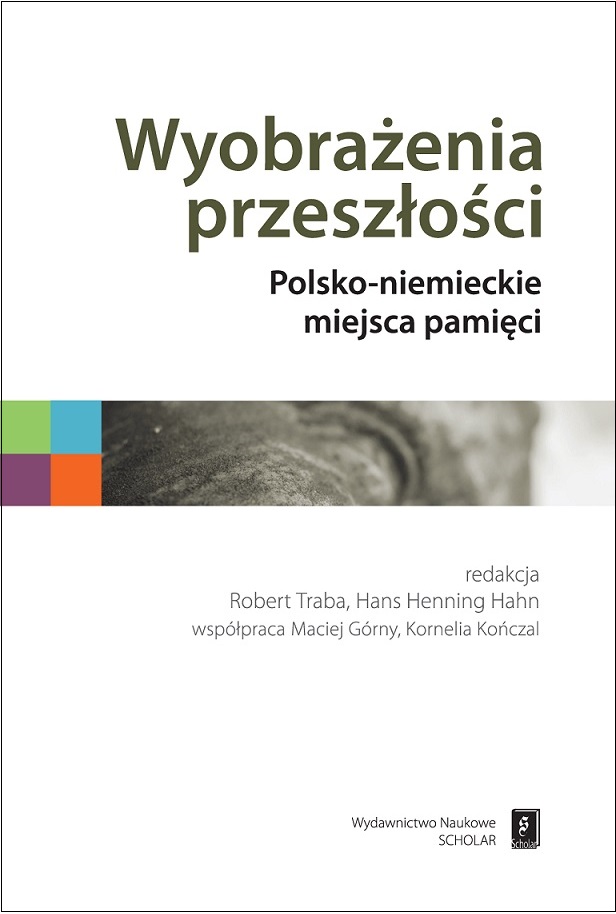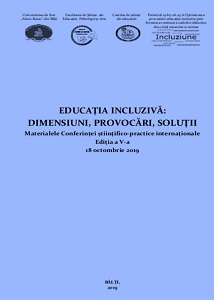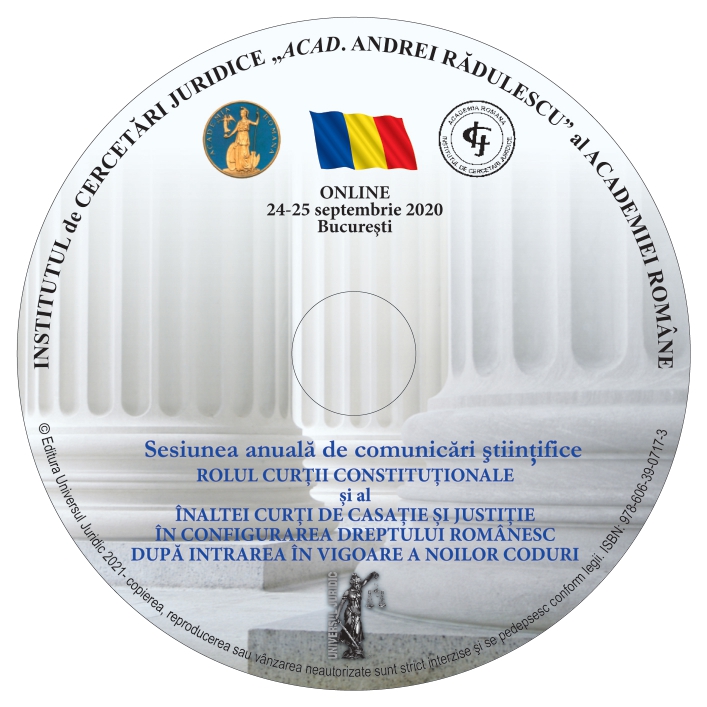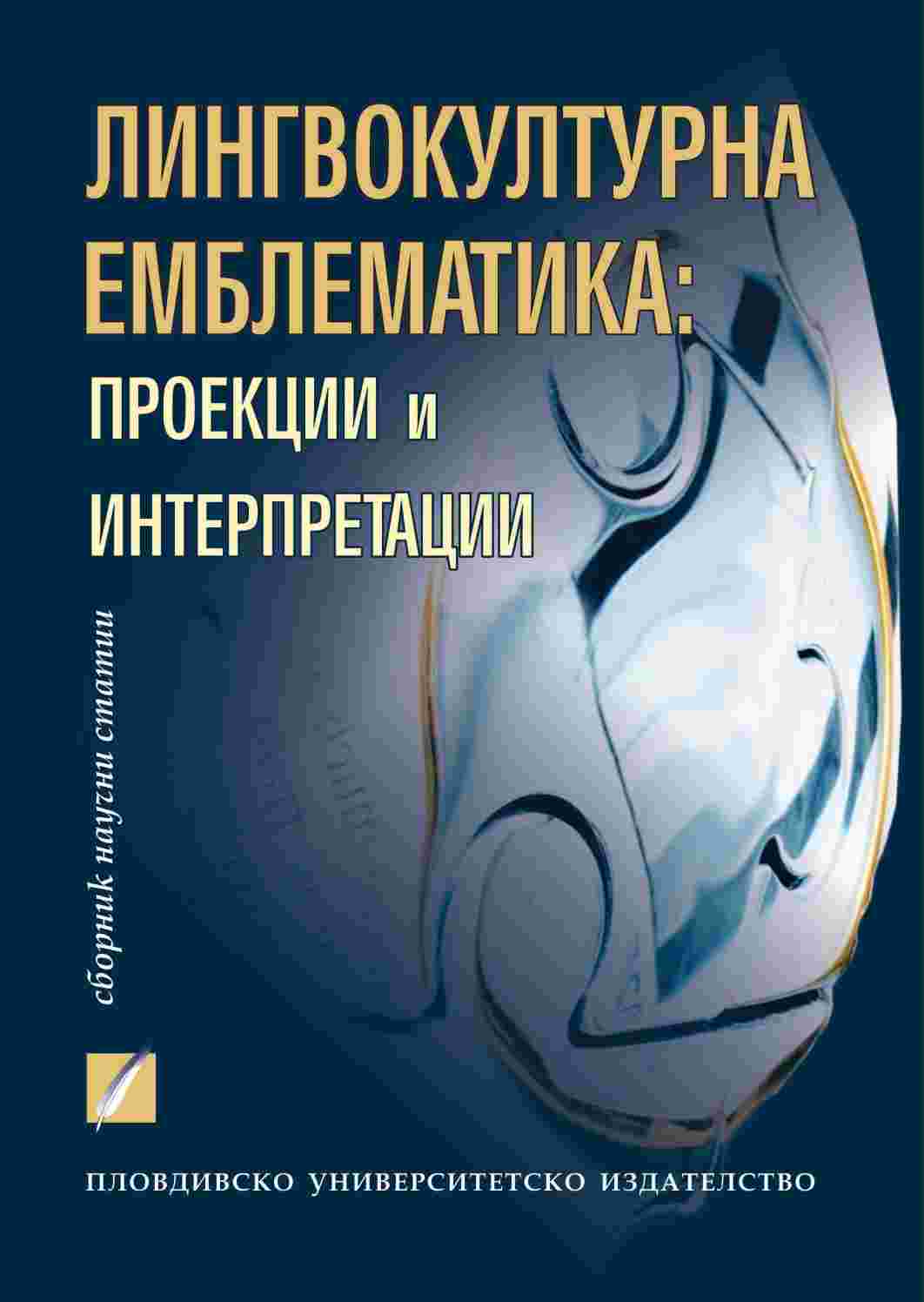
Библиография на проф. д.и.н. Елена Александрова Грозданожа. Непознатата Елена Грозданова
Full bibliography of the publications and studies by Prof. Grozdanova and texts of unknown poems written by her.
More...We kindly inform you that, as long as the subject affiliation of our 300.000+ articles is in progress, you might get unsufficient or no results on your third level or second level search. In this case, please broaden your search criteria.

Full bibliography of the publications and studies by Prof. Grozdanova and texts of unknown poems written by her.
More...


Intercultural contact and communication have increased in the context of globalization. Both terms are, however, little transparent, evoke a host of associations and carry various significances. The present article proposes a framework to understand current meaning of intercultural dialogue. Globalization is a dynamic process which impacts differentially on various cultures around the world. It permeates cultural boundaries and in the process results in the spread of Western ideologies and values across the world. This paper investigates the relationship between globalization and intercultural communication underlying assumption that globalization is manifested in the intercultural penetration processes which have substantial effects on the cultures.
More...
The acquisition of a second or additional language, in whatever learning environment it might occur, is always bound to external and internal factors, about whose effects on the acquisition process we still do not know enough. One of these factors is the individual multilingualism. In our contribution, we would like to start from the hypothesis that, in principle, multilingual people, whether they speak two or more languages, are better foreign language learners in school learning contexts than monolingual people. The reason for this is that they develop a higher degree of language awareness and language acquisition. At the same time, we maintain, however, that we are not deriving enough advantage from this potential of a very large group of to an adequate extent
More...
List of questions for research interviews with representatives of the EU institutions
More...
The article analyses how the jurisprudence of the Constitutional Court and the High Court of Cassation and Justice influenced the regulation of certain legislative solutions regarding the jurisdiction of the courts. Specifically, the legislative changes regarding the material competence for the resolution of the cases in the first instance and in the appeal operated by Law no. 310/2018 as a result of Decision no. 369/2017 of the Constitutional Court; the modifications operated regarding the optional competence, by the same normative act, following the Decision no. 7/2016 of the High Court of Cassation and Justice (appeal in the interest of the law) and Decision no. 290/2018 of the Constitutional Court, as well as on the reasons and the competence to solve the relocation of civil cases, related to the Decisions no. 558/2014 and 169/2016 of the Constitutional Court.
More...
By this paper, the author analyzes a recent issue regarding insolvency procedures, by which, prima facie, the relation between public and private interests is reconfigured. The first part concerns the manner of development and the nature of the regulations relating bankruptcy proceedings, namely insolvency proceedings. The author indicates the role and responsibilities of the syllable judge, both from a historical perspective and in the current regulation. In the second part, the author analyses the nature of the institution of seizure insurance in criminal matters and its effects in insolvency proceedings, concluding in the same manner as in Decision no.1/2020.
More...
The improvement of the norms of civil law has been a continuous concern in the recent period, the achievement of this major scientific step being accelerated by the profound transformations of the Romanian society, in the context of assimilating the contemporary European values and of the permanent evolution of the consecrated ideological concepts. Thus, the work of harmonizing the national legislation, together with the recent reform of the law systems inspired by the Napoleonic French Civil Code, as well as the dynamics of social relations have forced the rethinking of some of the general principles of civil law and demands the protection of new socio-moral, cultural values, economic and technical-scientific. With the exception of the new codes, new concepts appeared, new legal regulations were imposed, which made the interpretation of the law ununitary. Thus, with the legislative changes shown, the need for the intervention of the Constitutional Court has been more current than ever, helping to clarify and settle certain issues of law. The present work, approached from the point of view of civil, but also criminal, legal provisions, aims to show to what extent it has changed, shaped or configured the Romanian law Decision of the Constitutional Court no. 387 of May 27, 2015, regarding the provisions of art. 29 paragraph (1) lit. i) of the Government Emergency Ordinance no. 80/2013 regarding stamp court fees.
More...
This study aims to demonstrate that the High Court of Cassation and Justice was not a legislator when it has issued the decision no. 7/11.02.2019, in the sense that it did not add extra requirements to art. 8 par. (5) of the Law no. 77/2016 when it ruled that the courts, upon ruling on claims regarding the termination of obligations arising out of loan agreements, have to analyse the fullfilment of the rebus sic standibus.
More...
Judicial practice, particularly in higher courts, is an increasingly important argument for the sentencing of legal disputes, which is also part of a phenomenon that is al so manifested in other systems of law, which is the strengthening of its status of an effective source of law in general, and administrative law, in particular. If, at the Supreme Court level, for reasons primarily concerning its role in the unification of practice, access to jurisprudence is to a decisive extent, the lower courts offer such public service only in a limited and selective manner. The absence of explicit regulation of judgments as information in the public interest and of a regime of access to them, or of the general obligation of courts to make them public, at their own motion or at request, in full, together with the conflicting positions expressed over time by the Superior Council of Magistracy, led to an ununified application of Law no. 544/2004 on free access to public interest information. The projects of online publication of judgments in public-private partnerships are not such as to rigorously satisfy the requirements of the principle of without charge and free access to judgments, and the practice of selecting and publishing „relevant” court rulings creates distrust, in terms of without charge and free access objectives, given the lack of criteria to establish such character. A future law solution is either the explicit regulation of the judgement as part of the category of public interest information, with the establishment of the related regime, or the establishment, by the law of the organization and functioning of the national judicial system, of the obligation to publish the given rulings, in full.
More...
The article briefly examines the problem of repairing the damages caused to the persons injured by administrative acts, by the unjustified refusal to solve a request or by the failure to solve it in time. In applying the dispositions of art. 52 paragraph (1) of the Romanian Constitution, the public authorities and institutions are responsible for patrimonial damages, for material or moral damages caused by administrative acts, in typical or assimilated form. This administrative-patrimonial liability is doubled by the joint and several patrimonial liability of the dignitary, civil servant or contract staff for the material or moral damages caused by administrative acts. The legal provisions confer a passive procedural quality to the person who contributed to the elaboration, issuance, adoption or conclusion of an administrative act only if it is called in court together with the public authority and only in the case where the request for a court has the object, besides the cancel of the act administrative or obliging the public authority to solve a request, and the payment of damages for the repair of the damages by the typical administrative act or assimilated. The right of the person injured by an administrative act to repair damages, material or moral, constitutes an essential guarantee for the observance of the fundamental rights and freedoms guaranteed by the Romanian Constitution.
More...
In principle, the law is defined by the normative acts that regulate it. In the configuration of the law, the role of the High Court of Cassation and Justice, but also of the Constitutional Court are specified through the legal texts. They are called upon to rule where either the provisions of the supreme law of the country are violated, or the texts of the law are liable to different interpretations, thus giving rise to different solutions of the courts applying the law. That is why the role of the two courts, one judicial and the other constitutional, is particularly important in terms of the consequences it determines. What is established by a decision of the High Court or of the Constitutional Court can be contradicted only by another decision issued by the same court, or without effect by modifying the law. Starting with 2009 - the entry into force of the New Penal Code and continuing with the entry into force of the other codes: penal procedure, civil and civil procedure, on the one hand, the legal language used in the old codes was wanted, and on the one hand putting the law in line with the innovations and changes undergone over time. But the new codes were far from perfect, some of them even needed to be republished, and the High Court and the Constitutional Court were insistently called upon to cover all the shortcomings and illegality found, so me decisions having even interdisciplinary impact, such as the Procedural Code. in conjunction with the Labor Code.
More...
In fulfilling the constitutional role of ensuring the unitary interpretation and application of the law, the High Court of Cassation and Justice has a new mechanism, namely that of issuing a preliminary ruling for the disclosure of some questions of law, together with the other mechanism available to the supreme court and namely the appeal in the interest of the law. Unlike an appeal on points of law, pursuing the same goal, namely the unification of jurisprudence, preliminary rulings do not intervene after the final resolution of cases but before resolving them, so they can not affect the criminal judgments already delivered. That we face a mechanism that does not value an appeal but is a procedural incident which solves a question of law has arisen in an ongoing process and depends on the merits unraveling.
More...




